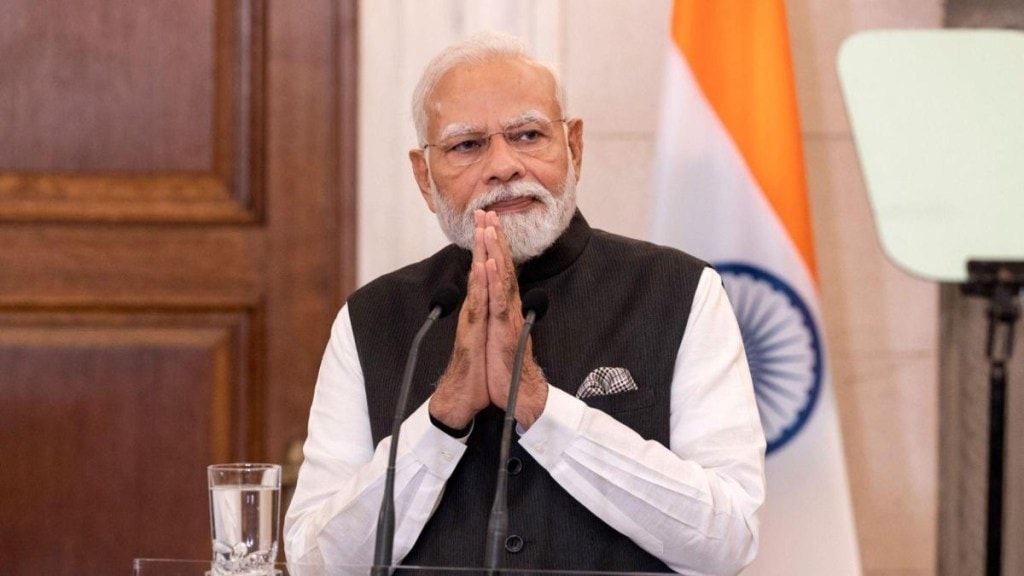India’s external affairs minister, S Jaishankar, recently underlined the importance of high-level engagements with both Kyiv and Moscow, hinting at possible future interactions. This comes amid reports of a potential visit by Prime Minister Narendra Modi to Kyiv, a significant move given India’s delicate balancing act between Russia and Ukraine. The visit, if it occurs, will be a powerful diplomatic signal, underscoring India’s stance on the conflict and its commitment to fostering dialogue and peace.
India’s stance on the Russia-Ukraine conflict
India has maintained a unique position regarding the Russia-Ukraine conflict, advocating for a peaceful resolution and cautioning against relying solely on military solutions. Jaishankar reiterated India’s belief that a solution cannot emerge from the battlefield, highlighting the adverse global consequences of the ongoing conflict. From food shortages to rising energy costs, the war has significantly impacted economies worldwide, particularly in Asia, Africa, and Latin America. India’s call for a return to dialogue and diplomacy reflects its broader foreign policy principle of non-interference and peaceful resolution of disputes.
Symbolism of Modi’s potential visit
Modi’s potential visit to Kyiv would be a significant diplomatic gesture, especially following his recent meeting with Russian President Vladimir Putin. While Modi has met Ukrainian President Volodymyr Zelenskyy multiple times, including at the G7 summit in Italy, a visit to Kyiv would signal India’s intent to engage more actively in the conflict’s resolution. The visit could also serve as a counterbalance to the criticisms India has faced, particularly from Western nations, for its perceived closeness to Russia.
The timing of the visit is crucial. With August 15 marking India’s Independence Day and the ongoing Parliament session, the scheduling of the trip will need careful consideration. Furthermore, the visit’s security implications cannot be overlooked, given the volatile situation in Ukraine. The possibility of an unannounced visit or a high-level delegation, possibly led by Jaishankar or National Security Advisor Ajit Doval, is also on the table.
India’s diplomatic balancing act
India has sought to maintain a neutral stance in the Russia-Ukraine conflict. While it has not explicitly condemned Russia’s actions, it has expressed concern over incidents like the Bucha massacre and called for an international investigation. This nuanced approach aims to preserve India’s strategic interests with both countries. Russia remains a key defence partner for India, supplying significant military hardware. At the same time, India has also deepened its engagement with Ukraine, providing humanitarian aid and financial assistance for reconstruction efforts.
Modi’s visit to Kyiv, if it materializes, would underscore India’s commitment to maintaining an independent foreign policy that prioritizes dialogue and diplomacy. It would also align with India’s broader goal of being a responsible global actor, contributing to peace and stability.
Global reactions and implications
The international community will closely watch Modi’s visit. It will be a statement of India’s strategic autonomy, reflecting its ability to engage with conflicting parties without taking sides. The visit could also impact India’s relations with other global powers, particularly the United States. Recent comments by US officials expressing disappointment over Modi’s visit to Moscow highlight the complex diplomatic terrain India navigates.
Jaishankar’s remarks about the importance of countries engaging with both Russia and Ukraine further stress India’s role as a potential mediator in the conflict. With few nations maintaining open communication channels with both sides, India’s involvement could help bridge the gap and facilitate dialogue.
Bottomline
The expected visit of Prime Minister Narendra Modi to Kyiv carries huge significance. It symbolizes India’s balanced approach to the Russia-Ukraine conflict, advocating for peace and dialogue while maintaining strategic relations with both nations. As the world grapples with the war’s far-reaching consequences, India’s actions will be closely scrutinized. Modi’s visit, if it occurs, could be a pivotal moment in India’s foreign policy, reinforcing its stance on non-violence and its commitment to global peace.

